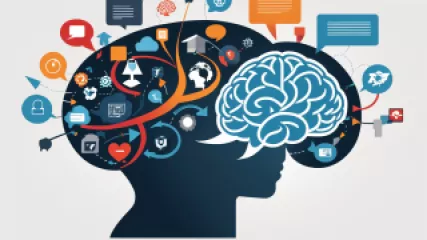Understanding Emotional Intelligence Assessment
1 anno fa
Nozioni di Base dell'Intelligenza Emotiva
Redefining the Mind-Body Connection
1 anno fa
Dicotomia Mente-Corpo
Effective Therapeutic Techniques for Depression: A Research Summary
1 anno fa
Consigli di Auto-Aiuto per la Depressione
My Journey with Mental Health Apps and a Virtual Companion
1 anno fa
App per la Salute Mentale
How to Find the Best Virtual Counselor for Navigating Divorce
1 anno fa
Consulenza per il Divorzio
Learning from Books and Movies: Self-Help Resources for Depression
1 anno fa
Consigli di Auto-Aiuto per la Depressione
How to Utilize Mental Health Apps for Self-Care
1 anno fa
App per la Salute Mentale
Top 10 Thought-Provoking Books for Philosophical Guidance
1 anno fa
Filosofia e Psicologia
How to Choose the Best Mental Health App for Your Needs
1 anno fa
App per la Salute Mentale
Effective Self-Help Tips for Beating Depression
1 anno fa
Consigli di Auto-Aiuto per la Depressione
How can therapists use persuasion techniques in therapy effectively?
1 anno fa
Psicologia della Persuasione
What Cognitive Biases Influence Persuasion?
1 anno fa
Psicologia della Persuasione
Unlocking the Power of Introspection: A Step-by-Step Guide to Exploring Your Inner World
1 anno fa
Filosofia e Psicologia
Proven Coping Techniques for Depression
1 anno fa
Consigli di Auto-Aiuto per la Depressione















